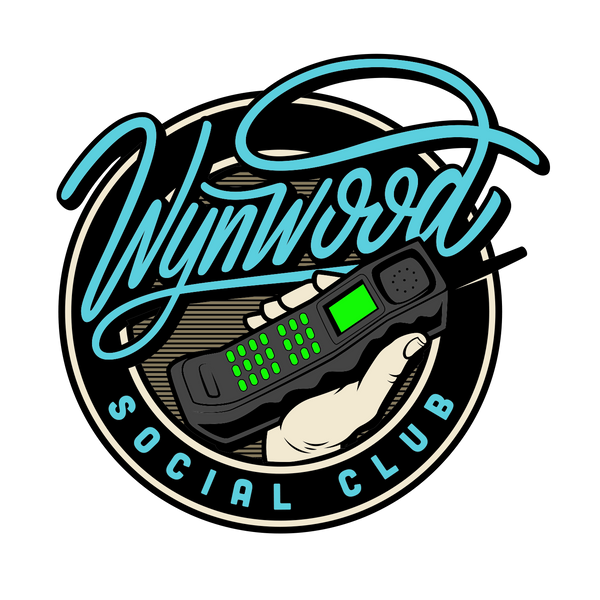No Hype Episode 38 - De La Soul x KidRobot 3 Feet High & Rising 20th Anniversary Figures
For more DOPE & RARE hip-hop collectibles go here: https://linktr.ee/lexonegtps
De La Soul's 3 feet High and Rising is one of those albums thats timeless and til this very day stays getting Heavy rotation. These 20th Anniversary De La Soul 3 feet High and Rising figures by KidRobot are super hard to come across now a days and anything by De La soul is super hard to come by. Love these lil guys and the fact that I actually picked them up by accident while on tour in London makes these joints super special to me.
De La Soul’s 3 Feet High and Rising: The Album That Flipped Hip-Hop on Its Head
In 1989, when gangsta rap was making waves and hardcore lyrics dominated the airwaves, three dudes from Long Island—Posdnuos, Trugoy the Dove, and Maseo—dropped an album that changed the game. 3 Feet High and Rising wasn’t just an album; it was a cultural reset. With its playful rhymes, trippy skits, and sample-heavy production, De La Soul brought a fresh, quirky vibe to hip-hop that was unlike anything before it. Let’s take a deep dive into the history of this classic, its impact on the culture, and why it remains one of the most influential albums in hip-hop history.
The Birth of 3 Feet High and Rising
In the mid-80s, hip-hop was evolving. The sound of the streets was raw, aggressive, and filled with bravado. But De La Soul had a different vision. Linking up with the legendary producer Prince Paul, they crafted an album that felt more like a psychedelic journey than a rap record.
The album was named after a song by Johnny Cash (Five Feet High and Rising), signaling its unconventional approach. From the jump, De La made it clear they weren’t here to follow trends—they were here to make their own lane.
Prince Paul’s production was groundbreaking. He pieced together samples from Hall & Oates, Parliament, Steely Dan, Funkadelic, and even Schoolhouse Rock, creating a rich, layered sound that felt like a hip-hop kaleidoscope. This was before sample clearance lawsuits changed the game, allowing the album to be a wild, sample-laden masterpiece.
Tracks like Me, Myself and I broke hip-hop’s fashion norms, embracing individuality over hard posturing. The Magic Number introduced playful numerology over a sample of Bob Dorough. Eye Know flipped a Steely Dan sample into a love song with heart. Every track was a creative explosion, defying the boom-bap formula of the time.
De La Soul introduced the world to the “Daisy Age” (DA Inner Sound, Y’all), a philosophy of peace, positivity, and self-expression. At a time when rap was often defined by its rugged street tales, De La’s approach felt like a breath of fresh air. They weren’t afraid to be different, and their nerdy, offbeat style resonated with a new generation of hip-hop heads.
But their unique style also came with backlash. While 3 Feet High and Rising was critically acclaimed and commercially successful, selling over a million copies, De La Soul found themselves labeled as “hip-hop hippies.” While they rejected that tag, it showed just how much they had disrupted the norm.
Decades later, 3 Feet High and Rising remains one of the most innovative albums in hip-hop history. It paved the way for alternative rap, influencing artists like A Tribe Called Quest, OutKast, The Pharcyde, and Tyler, The Creator. The album also set new standards for production, proving that hip-hop could be as diverse and experimental as any other genre.
However, legal battles over sample clearances kept the album from streaming services for years, creating a sense of mystique around its legacy. When De La finally regained control of their masters in 2023, it marked a long-overdue victory for both the group and their fans.
De La Soul’s 3 Feet High and Rising wasn’t just an album—it was a movement. It challenged the status quo, brought fun and creativity back to hip-hop, and left a lasting mark on the culture. In a world where originality is often overshadowed by trends, De La Soul’s debut stands as a timeless reminder that the best art comes from staying true to yourself.
So whether you’re a longtime fan or just discovering the magic of De La, throw on The Magic Number and let the vibes take you back. Hip-hop wouldn’t be the same without it.
What do you think? Want any additions or tweaks?

